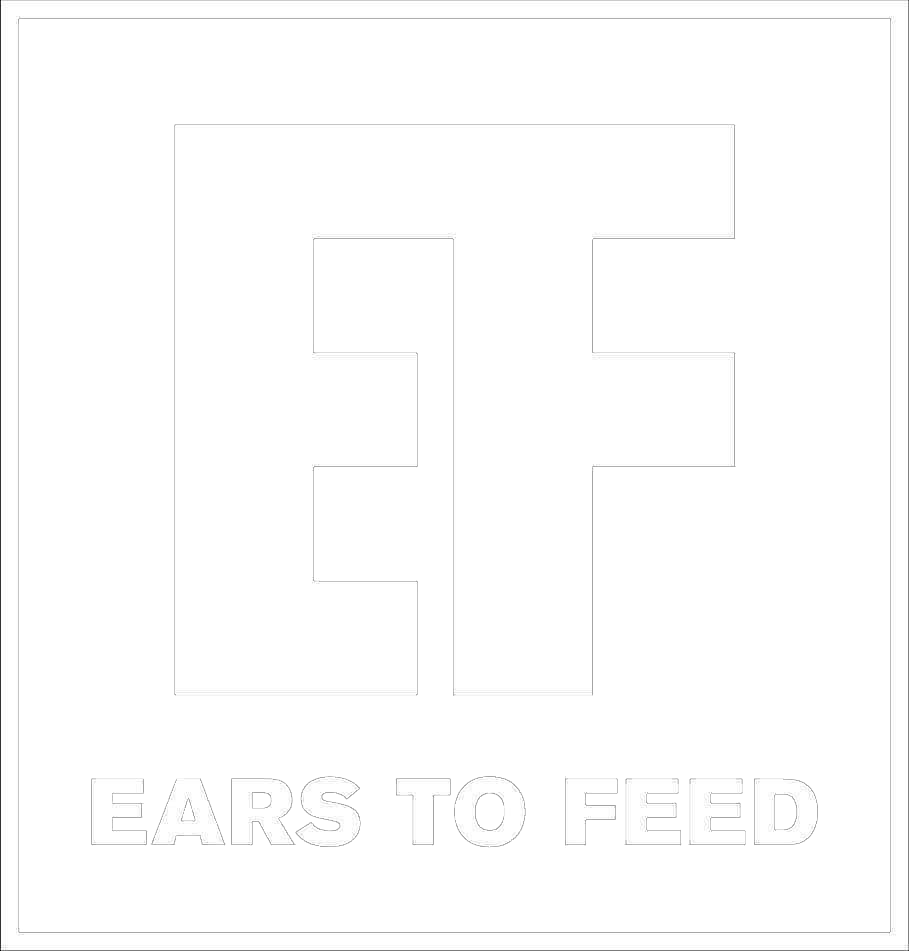Perhaps you know him as Horoscope, his now household moniker in contemporary experimental music and noise, but Rene J. Nunez has been creating and sculpting sounds for the last decade and a half out of a sheer need for introspection and the cathartic release that comes with it. The latest Horoscope endeavor, Carne (Wharf Cat Records), is undeniably deeply personal, with overt nods to a Cuban-American tradition amid wrenching synthesizers and vocals that conjure ancient and ever-present Miami roots. However, in Poems E on Magnetic Tape, a “new” tape released under Nunez’s own name (brought to you by the fine folks at No Rent Records), might seem all the more personal, traversing back to the origins of his musicmaking, and elaborating on a concept of using music as a journal. Something of a sequel to, or a continuation of, Nunez’s first-ever recordings, and a precursor to anything Horoscope, Poems displays a beautiful vulnerability, the kind that reveals itself in hushed conversations with friends or lovers amid mutual bouts of insomnia. “How was your childhood?” “What were you like as a teenager?”
Having recorded everything directly to cassette or half-inch tape, the curious and enchanting meditations of acoustic guitar on opener “Poems Reprise,” and follower “Katheryn” are coated in the breathy warmth of lo-fi, coming to you almost as a whisper. It’s solemn and somber and honest, the kind of soundtrack one would want when pondering one’s own solitude. “Love Is A Word I’ve Never Used In A Song” is a waking dream, with wistful loops fluttering in and out of cruder machinery. Frantic jazz drumming coats the backgrounds of these tracks like a footnote of chaos to the serenity of soul-searching. Warped instrumentation makes things no less beautiful, but all the more intriguing and inviting and empathetic: Piano on “Autumn Bitch;” tinny drums on “Let’s Compare Ex’s Suite;” guitar on “5 Women I would Marry In Los Angeles.” All things that came before the synthesizer. As the tape progresses, it increasingly offers a glimpse into an open wound, whether from this past year, or from 2005, or any point in the history of human isolation. Nunez quietly begging, “help me.” But to whom? To himself. One doesn’t need a context to recognize the beauty of exacting a psychological and physical relationship with music, but this tape, this poem, offers a history of reconciliation for Nunez, and with its release, he allows us to partake in it.
